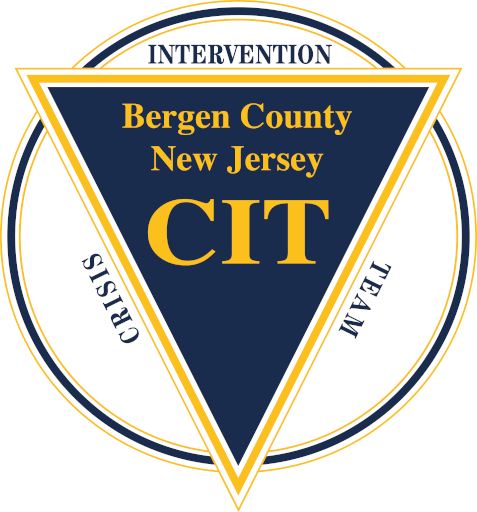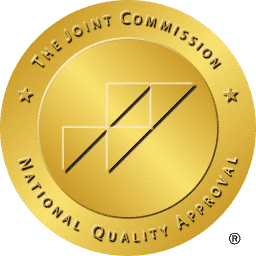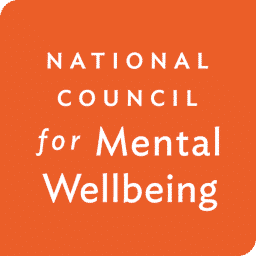Care Plus NJ, Inc. – Northern New Jersey’s largest mental health care agency – has professionally-trained trauma response counselors to provide postvention assistance after traumatic events such as that which happened in Newtown CT this week. Their Traumatic Loss Coalition (TLC) experts are in the community helping to provide mechanisms for healing in the wake of events such as this.
Sue Heguy, LCSW, a Clinical Supervisor at Care Plus and the Bergen County TLC Coordinator, has offered some advice on how to speak to your family about an incident such as this one.
Monitor the amount of TV watching and limit their exposure to upsetting media coverage.
Frightening, dramatic and sad images are often repetitively displayed in newsprint, on television or radio. Watching these kinds of scenes may fixate the images of violent death and increase the child’s feelings of vulnerability.
Ask your children what they have heard or what other kids are saying – give them accurate information and correct any misinformation.
Gear the information to their age and refrain from focusing on the graphic details of the incident. Children may ask what homicide means. While it is not necessary to go into detail, you may want to say “It means that someone killed another person; it was not an accident.”
Find out what concerns your child has and take them seriously.
Children often feel more vulnerable than adults because of their size and their limited emotional resources and experiences. It is important to take their concerns seriously and offer reassurance. You can ask children “After hearing about these kinds of things, what do you think most kids worry about?”
Tackle the tough questions like, “Why did this happen?”
Explain to children “we may not know the exact reason why this violence occurred, but it is clear that the person that did these things was very troubled and was not able to think clearly about how to deal with their thoughts and feelings.”
Keep to your regular daily routine.
Routine provides us with a sense of security. The routine of school, after school activities and sports are important to mitigate the feeling that the “world is out of control”.
Spend time together as a family.
Increase opportunities for play, fun and relaxation. Connecting with friends and family members helps children feel there is a safety net of people around them.
Allow some time for extra comforting.
Extra hugs, cuddling, and story telling (even middle school youth enjoy having their parents read to them), are helpful. After these kinds of incidents, children and teens may have nightmares or fears. It might be helpful to allow the child to sleep in close proximity to the parents for a bit of time. Sleeping bags or cots could be used for a few nights.
Be sure to process your own feelings.
Children will take their cues from the adults around them. It is important for the adults to take care of themselves and their feelings as well as their child’s. If you are feeling upset, anxious or fearful it will be important for you to find a trusted adult to talk to. Avoid talking about your fears in front of your children. Consider reaching out to your local mental health organization or public safety officials.
Monitor your child’s behavior and seek assistance if necessary.
While the signs and symptoms below can be normal in the early days and weeks following a crisis, if they do not abate or they increase, additional help may be required. If you have concerns about your child, do not hesitate to contact your school’s counseling department or your local community behavioral health center.
“It’s important to remind youth, teens and young adults to talk with trusted adults if they are concerned or experiencing fear and upset,” noted Heguy. “A great resource is the 2NDFLOOR helpline and website,” she advised.
The 2NDFLOOR is a free, safe, confidential and anonymous helpline and website for children, teens and young adults (10-24) who live in the state of New Jersey. It is available at 888-222-2228, or they’d prefer to communicate online they can visit the website at http://www.2ndfloor.org.
Care Plus NJ, Inc. (www.CarePlusNJ.org) is a northern New Jersey provider of recovery-focused mental health, substance abuse and family services that addresses the unique needs of individuals with a holistic approach to recovery and overall wellness. Operating out of 23 sites – including three outpatient centers located in Paramus, Fair Lawn, and Montclair, ten residential facilities, offices at three local hospitals, and seven community offices – their services are convenient to clients located throughout Northern New Jersey. They also provide educational programs on mental health-related topics to area schools and community groups. For help, call 201-986-5000. To arrange for counselors to come to your school or community, call 201-797-2660 ext 110.
The Traumatic Loss Coalitions for Youth Program (TLC) at UMDNJ-University Behavioral HealthCare is New Jersey’s primary youth suicide prevention program. The TLC is an interactive, statewide network that offers collaboration and support to professionals working with school-age youth. The dual mission of the TLC is excellence in suicide prevention and trauma response assistance to schools following unfortunate losses due to suicide, homicide, accident and illness.

CarePlus NJ, INC. is dedicated to excellence in mental healthcare and has a commitment to life-long support needed by individuals and their families to ensure that they achieve their full potential and improve the quality of their lives.









